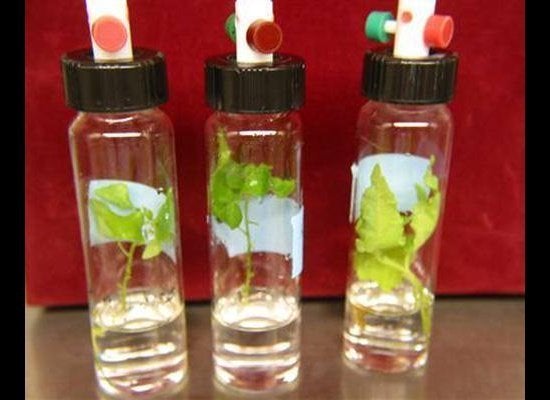In what's being hailed as a scientific first, researchers in Scotland have created a fully functional organ from scratch inside the body of a living animal.
The feat--the creation of a working thymus gland from "reprogrammed" embryonic cells--is seen as an important step toward the development of laboratory-grown organs and a potential fix for the chronic shortage of donor organs.
"The ability to grow replacement organs from cells in the lab is one of the 'holy grails' in regenerative medicine," Prof. Clare Blackburn, professor of tissue stem cell biology at the MRC Centre for Regenerative Medicine at the University of Edinburgh and the leader of the team of researchers who grew the organ, said in a written statement. "This is an important first step towards the goal of generating a clinically useful artificial thymus in the lab."
The thymus, a gland located just under the breastbone, is a key player in the body's production of white blood cells known as T cells. People without a healthy thymus are unable to make enough T-cells and are thus highly vulnerable to cancer and to various infections.
For their research, Blackburn's team took cells from a mouse embryo and converted them into a completely different kind of thymus cell, according to the statement. When these cells were mixed with other types of thymus cells and transplanted into mice, these cells formed an entire thymus cell--one that not only looked like a healthy adult thymus but also was capable of producing T-cells.
In a video describing the research, Prof. Blackburn said lab-grown thymus glands might prove an important advance in the treatment of people whose immune systems have been weakened by age as well as of patients who have undergone bone marrow transplantation.
"Obviously, we have a lot of further steps to go through before we'd be ready to begin to test whether this approach will be useful for patients," she said.
Scientists have been able to make portions of hearts, livers, and other organs, but not complete organs, The Telegraph reported.
A paper describing the new research was published online in the journal Nature Cell Biology on August 24, 2014.

